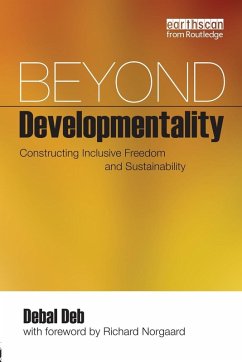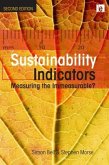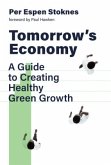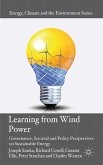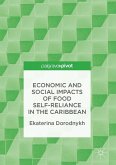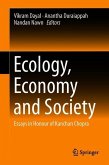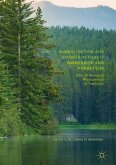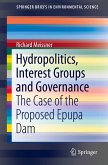History tells us that industrial development with all of its pollution, inequity and exploitation is the inevitable destiny of human societies. Yet is this really the case or are we trapped in a prevailing 'develop-mentality' that demands an endless cycle of inputs, outputs, consumption and waste on a finite planet? And is there another, better way for humans and the biosphere? This incisive, epic work turns the dominant industrial development model and its economics upside down and argues for a new way of thinking about the meaning of development and the complexion of our economy. The book traces the origin and development of the concept of development in the economic context, and suggests a way to achieving post-industrial development with zero industrial growth. The book argues that sustainable development is possible only when concerns for biodiversity and human development are put at the centre of the economy and social policy. It both provides a theoretical foundation to sustainability and presents practical instances of sustainable production systems. Coverage is magisterial and includes history, ecology, economics, anthropology, policy analysis, population theory, sociology, the Marxian critique of capitalism, Orientalism, semiotics and sociology of science. These are interwoven in an accessible but challenging way that enables readers to look at development theory, economics, consumerism and environmentalism from a new vantage point. Distinguishing features includes a critique of development from a natural science perspective, a fresh and thorough account of the concept of sustainability both from a theoretical and empirical perspective and the application of an evolutionary biology metaphor to building a socially responsible alternative to the prevailing developmentality. This is the most sweeping coverage of critical issues in economics, environment, development and sustainability available. It is both an empowering and necessary read for students, academics, professionals and activists from across sustainability, development, economics and environmental studies and beyond, and an invaluable repository of information about the critical issues facing humanity as we continue to develop our over-crowded planet.
Hinweis: Dieser Artikel kann nur an eine deutsche Lieferadresse ausgeliefert werden.
Hinweis: Dieser Artikel kann nur an eine deutsche Lieferadresse ausgeliefert werden.

